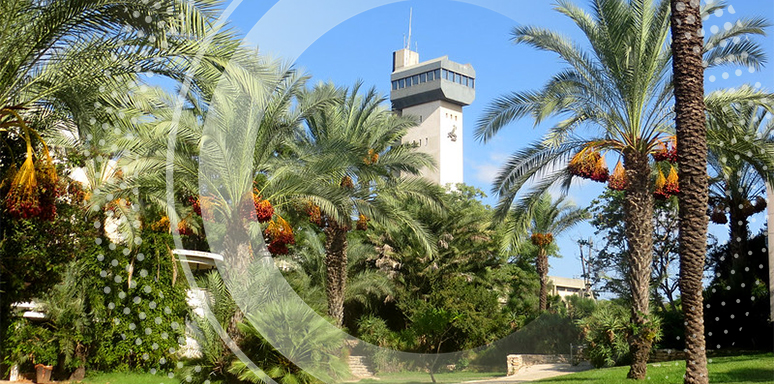Susy Grid
Why Give to Bar-Ilan?
Rector, Prof. Amnon Albeck
Impact Centers
In the past, scientists from different fields and faculties would only meet at the cafeteria, but nowadays they might even be collaborating on the same research. Bar-Ilan University has, in recent years, adopted the "Impact-Driven" approach in academic research: multidisciplinary teams of Bar-Ilan researchers work together to address pressing challenges facing Israel and the world.
Transportation, Parking and Internal Shuttling Service
Bar-Ilan University is located on the outskirts of Ramat Gan and Bnei Brak, on the borders of Givat Shmuel and Kiryat Ono. Thanks to its central location, Bar-Ilan can be reached from many places around the country, easily accessible by both public transportation and private vehicles. We are also happy to see that many students have chosen to live close to the university and make their way to campus on foot or by bicycle. During the day, there is an active shuttle service that circles the campus.
Research Approach
Research Authority

The Bar-Ilan Research Authority, which operates under the auspices of the Office of the BIU Vice President for Research, works to promote research in
Bar-Ilan Research & Development Company
Research
Community Outreach at Bar-Ilan University
Bar-Ilan University is deeply rooted in the belief that academia should serve society. Inspired by the principle of “love your neighbor as yourself,” the university fosters social involvement, volunteering, and community-based learning. From therapeutic clinics and inclusive education to legal aid and science enrichment, Bar-Ilan’s community outreach programs extend across Israel—making a lasting impact on lives far beyond campus.


